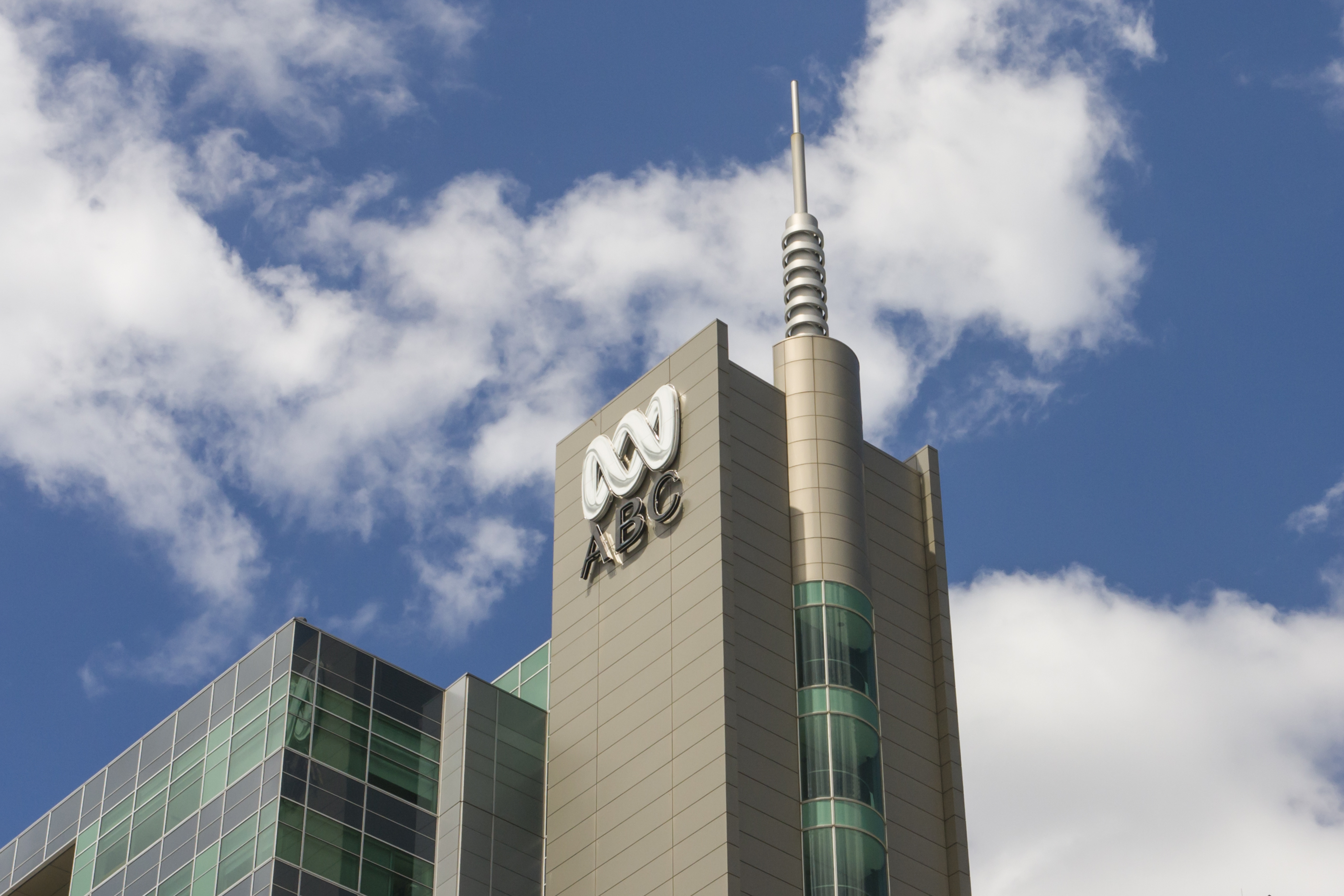Meta pulls news from Canada
23rd June 2023
The social media giant has started to pull news content from its platforms in Canada, after the passage of the Online News Act.

Meta has commenced pulling news content from its platforms, Facebook and Instagram, after Canada’s House and Senate passed the Online News Act (Bill C-18).
The social media giant had been threatening the move as the legislation passed through the parliamentary process. It had even trialled restricting access to news platforms for some users.
The approval was welcomed by News Media Canada, the voice of the print and digital media industry, representing both local and national titles. “This is an important first step to level the playing field and address the significant market power imbalance between publishers and platforms and to restore fairness and ensure the sustainability of the Canadian news media ecosystem,” said Jamie Irving, chair of News Media Canada.
“We all depend on an open Internet,” a spokesperson for CBC/Radio-Canada told PMA in a statement. “It would be unfortunate if the digital platforms used their dominance to deny Canadians access to news and information. We encourage Canadians to go directly to the websites and apps they trust for their news.”
CBC/Radio-Canada’s President and CEO, Catherine Tait, had previously iterated her support for the bill. In a speech in November 2022, she described the bill as “so important” because “It will support a vibrant news ecosystem, of both private and public media, by helping us invest in more journalism in Canada.”
Why is Meta pulling its news?
The Online News Act forces third-party platforms to pay news publishers for hosting their content. It was designed to ensure the “sustainability of the Canadian news ecosystem”, addressing the imbalance between local news outlets and large tech giants.
However, it is not the first piece of legislation to attempt this. Australia’s government in 2021 enacted the News Media Bargaining Code, which works in a similar way. Nor is it the first time that Facebook has threatened this move. In the Australian case, Facebook temporarily blocked news content, but this was restored after some amendments were enacted. Since then, more than $190 million has been paid out by the tech companies to Australian media, reported the Australian Competition and Consumer Commission.
In Canada, Meta said it would begin the process of ending access to news over the next few months, before the legislation comes into effect in six months’ time.
“The Online News Act is fundamentally flawed legislation that ignores the realities of how our platforms work, the preferences of the people who use them, and the value we provide news publishers,” the company said in a statement.
Facebook knows very well that they have no obligations under the act right now. Following Royal Assent of Bill #C18, the Government will engage in a regulatory and implementation process.
If the Government can’t stand up for Canadians against tech giants, who will? https://t.co/2yXWE0tELi
— Pablo Rodriguez (@pablorodriguez) June 22, 2023
In response, the Heritage Minister, Pablo Rodriguez, said “If the Government can’t stand up for Canadians against tech giants, who will?” His response repeated the theme of the Prime Minister, Justin Trudeau, who said earlier this month that the tech firms were using “bullying tactics”.
Google is said to be considering a similar move. “Every step of the way, we’ve proposed thoughtful and pragmatic solutions that would have improved the bill and cleared the path for us to increase our already significant investments in the Canadian news ecosystem,” the organisation said.
Listen to our podcast: What is the relationship between public media and social media?
Threats also made elsewhere
Similar threats are being made in California. The proposed California Journalism Preservation Act would tax the advertising profits made by third-party platforms from news articles.
“If the Journalism Preservation Act passes, we will be forced to remove news from Facebook and Instagram rather than pay into a slush fund that primarily benefits big, out-of-state media companies under the guise of aiding Californian publishers,” posted Andy Stone, from Meta’s communications team.
This type of legislation is being increasingly touted in countries such as Brazil, and appears to be picking up momentum as legislators and regulators become more aware of the threats posed to a diverse and pluralist local media ecosystem by big tech.
Related Posts
22nd June 2023
Canada’s leading media form Canadian Broadcasters for Sustainability
22 broadcasters have formed Canadian…
22nd July 2022
Report: Making Big Tech Pay for the News They Use
New research assesses how policy makers…
21st February 2022
The Existential Threat posed by Big Tech Platforms to Caribbean Journalism and Democracy
"This paper is not alarmist. It is not…
19th February 2021
Facebook restricts content from Australian news sites
Facebook has announced that it will…


